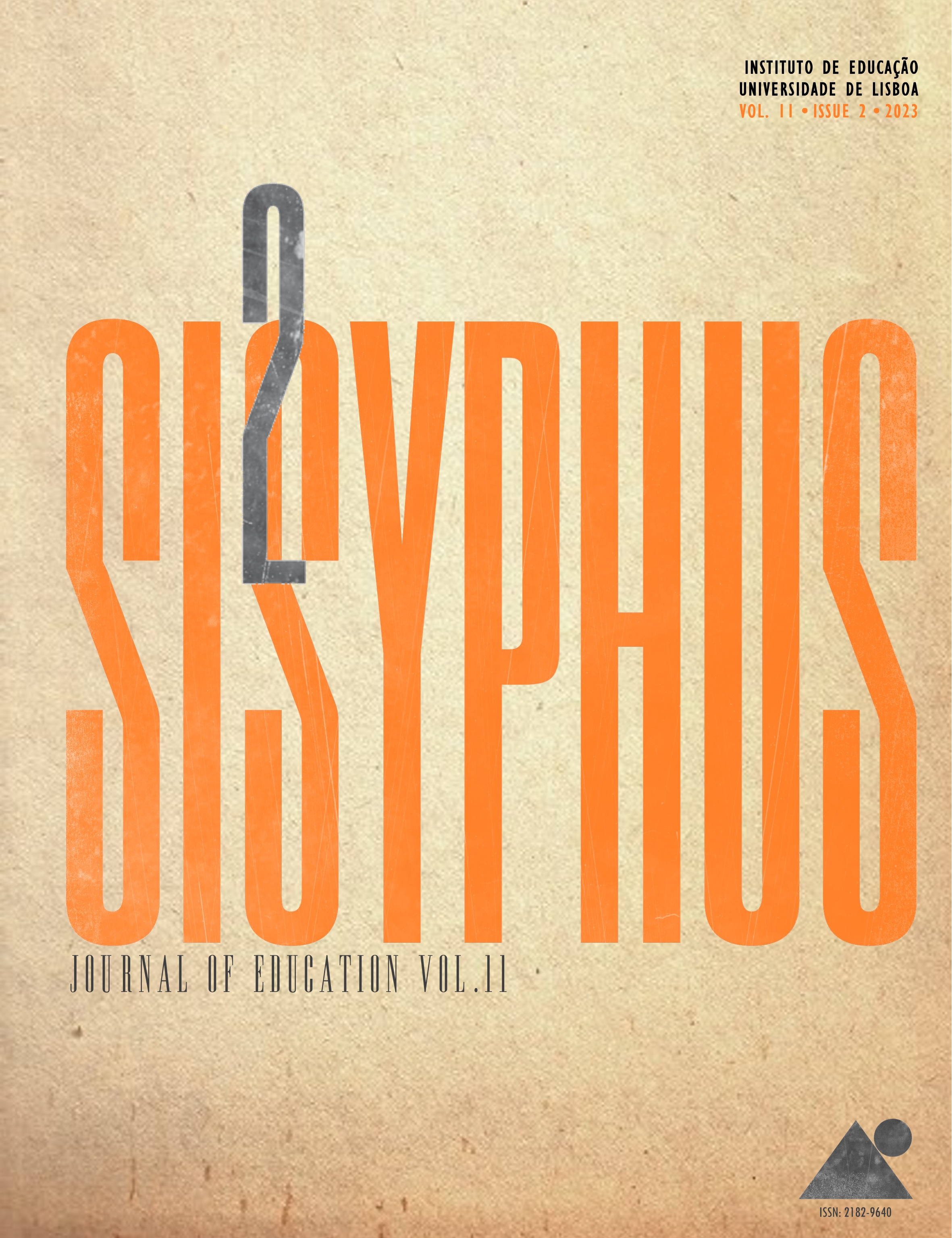Thinking Education in Times of Transition
DOI:
https://doi.org/10.25749/sis.31725Keywords:
transition, school inclusion, learning, regulation of education, teacher trainingAbstract
We are living times of transition, including in the educational field. The school model we inherited from the 19th and 20th centuries has been under question in many ways. Societies have changed a lot and so have educational contexts. Access to education has become universal and school publics have become much more diverse, both socially and culturally. Digital technology has brought new ways of accessing knowledge and new challenges. But these are also paradoxical times. Criticism of school organization and trends towards descolarization or privatization run parallel to the demand for a quality public school, regarded as a space of socialization and construction of a democratic, universal but simultaneously plural citizenship. Investing in an increasingly inclusive education goes hand in hand with the awareness of inequalities which are becoming more pronounced, for instance, with respect to accessing the digital world. The cult of individualism and commercialization arises alongside militancy for civic, social or environmental causes. Thus, in these times of transition, it is important to think the future(s) of Education. This is what we seek to do in the monographic component of this issue, through a diversified set of perspectives we can organize according to two major thematic axes: 1) Education, diversity and new learning environments, with emphasis on inclusion practices in formal and non-formal educational contexts and on learning in technologically advanced societies; 2) Education and change, with emphasis, on the one hand, on the relation between regulation, autonomy and accountability and, on the other, on new models of teachers’ professional development.
Downloads
References
n.a.
Downloads
Published
Issue
Section
License
Copyright (c) 2023 Sisyphus — Journal of Education

This work is licensed under a Creative Commons Attribution-NonCommercial 4.0 International License.
Copyright (c) belongs to Sisyphus - Journal of Education. However, we encourage issued articles to be published elsewhere, provided that Sisyphus authorization is asked for and that authors integrate our original source citation and a link to our website.
Author Self-Archiving Policy
Author(s) are permitted to self-archive the final published version in institutional or thematic repositories, and in their personal or institutional websites.
DORA Signer
The Instituto de Educação da Universidade de Lisboa, Sisyphus' Publisher, is a San Francisco Declaration on Research Assessment signer.






